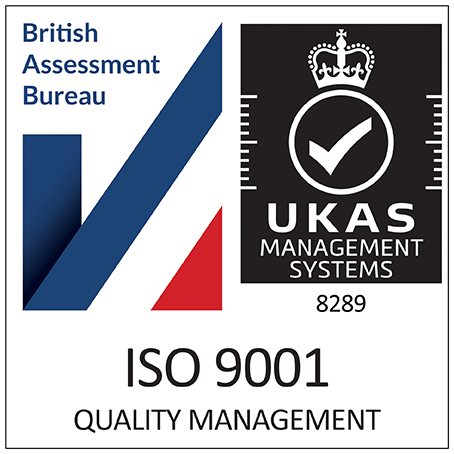By Dominique Gillan
It is common practice for courts to permit persons located outside the jurisdiction of the court to give oral evidence by video or telephone. In fact, this procedure is governed by (family cases) FPR, PD22A Annex 3 and (civil cases) CPR PD32 Annex 3. There is also further Presidential Guidance issued following on from the case of Agbakiaka (Evidence from Abroad, Bare Guidance) UK UT 286 on 27.4.2022.
Both within family and civil cases, there is a requirement on the party seeking to adduce the evidence of anyone not in the court’s jurisdiction to make enquiries of the foreign state where the witness is located to ascertain whether that foreign state objects to evidence being given orally to a tribunal in the UK, from within its territory. The party seeking to adduce such evidence should also make an application to the court, ahead of the hearing, for that witness’ evidence to be received by way of video conferencing.
The procedure for ensuring that the foreign state does not object can be time consuming and so consideration should be given to this issue in good time. In the first instance, enquiries should be directed to the Foreign and Commonwealth Office (International Legal Matters Unit, Consular Division), namely the taking of Evidence Unit, “ToE Unit”, as well as the Embassy or High Commission in question with a view to ensuring that the country from which the evidence is to be taken raises no objection to it at diplomatic level. The applicant must be able to inform the court what those inquiries were and of their outcome. Applicants are told that the request will take 8 weeks to process, but it can frequently be longer. There are occasions ‘host governments fail to reply, even after reminders’. Important therefore to act at the earliest possible opportunity.
- The request should identify the tribunal before which the evidence is to be given;
- The request should identify the country or countries from which it is proposed that the evidence be given;
- If the FCDO does not hold on file the information you are requesting, you will need to pay a fee (currently £150);
- After reviewing the request, the FCDO will advise if you need to pay the fee.
The evidence of the Consular Directorate of the FCDO itself in Agbabiaka (at §31) states that the ToE Unit checks its records to see if a check has previously been made on the position of Country X, or if the last check was made more than five years ago.
If a check has been made in the last five years, the requestor is informed of this by the ToE Unit and that information may be relied upon. However, if a check has not been made in the past five years, the ToE Unit will ask the requestor if they wish FCDO to raise an enquiry with the British Embassy or British High Commission in Country X. That is the point at which the fee of £150 referred to above becomes payable.
The correct address of the Taking of Evidence (‘ToE’) unit is TOE.Enquiries@fcdo.gov.uk.
If permission is provided by the foreign state, it is important to bear in mind that some countries may require that any oath or affirmation to be taken by a witness accord with local custom rather than the usual form of oath or affirmation used in England and Wales. Therefore, find out what is required.
This is obvious, but consideration will need to be given in advance to the documents to which the witness is likely to be referred, and for the witness to be given access to such documents.
Footnote
Mindful of the potential delays which flow from these rules, at a recent s9 judges’ conference, Moylan J’s clear instructions were that the courts should continue to case management in the usual manner, and unless there was evidence placed before the court of there being a problem with the evidence being received from outside the jurisdiction, the court should proceed to list matters for final hearings or FFH.
The suggestion was that there should be a recital in the order that the court has considered the provisions of PD22A, but that as no evidence of a difficulty has been presented, the Judge has decided to proceed.
If you require advice, or representation, you can instruct Dominique Gillan by contacting her clerks on 01483 539131 or emailing them at clerks@guildfordchambers.com
Disclaimer
This article has been provided free of charge for information purposes only. Although care is taken to ensure the information is accurate no responsibility is assumed by the author or any member of Guildford Chambers for reliance on the content or the accuracy of such content. The information, and/or commentary, does not constitute legal advice and if you have a legal dispute you should seek advice from a solicitor or barrister about your case. Accordingly, no member of Chambers shall be responsible for any action you take or refrain from taking in reliance of anything in this article or case summary.


